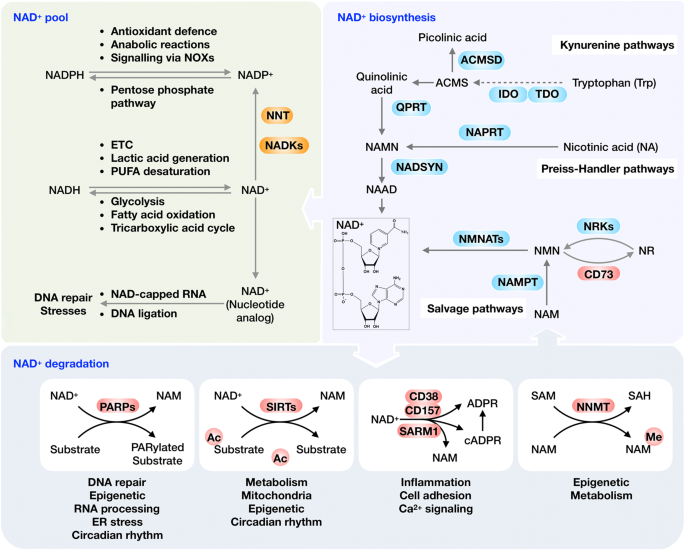

Treatment with fermented CS also increased the activities of superoxide dismutase and glutathione peroxidase, reduced malondialdehyde content, increased the mitochondrial activities of Na+K+‑adenosine 5'‑triphosphate (ATP) ase, Ca2+Mg2+‑ATPase and CK, and increased the creatine phosphate/ATP ratio and AMP/ATP ratio. In addition, it shortened the duration of the QRS complex and Sα‑T segment, decreased serum creatine kinase (CK) and aspartate aminotransferase activity, inhibited histopathological changes and reduced brain natriuretic peptide content. Fermented CS decreased the left ventricular weight index, heart weight index and mortality however, it increased diastolic blood pressure and mean arterial pressure. Histopathological changes, cardiac energy metabolism, cyclic adenosine monophosphate (cAMP) signaling and the associated mRNA expression of AMP‑activated protein kinase (AMPK) were then evaluated. Male Sprague‑Dawley rats (180‑200 g) were randomly assigned to seven different treatment groups: Normal control, DOX control, DOX+captopril (0.05 g/kg), 0.75, 1.5 and 3 g/kg DOX+CS, and the CS (1.5 g/kg) control. The aim of the present study was to evaluate the protective effect of fermented CS against DOX‑induced cardiotoxicity and the potential underlying mechanisms. Doxorubicin (DOX), an antitumor drug used in chemotherapy, is limited by its poor cardiotoxicity.

Cordyceps sinensis (CS) is a prominent medicinal herb in traditional Chinese medicine, and fermented CS is frequently used as a substitute for natural CS.


 0 kommentar(er)
0 kommentar(er)
